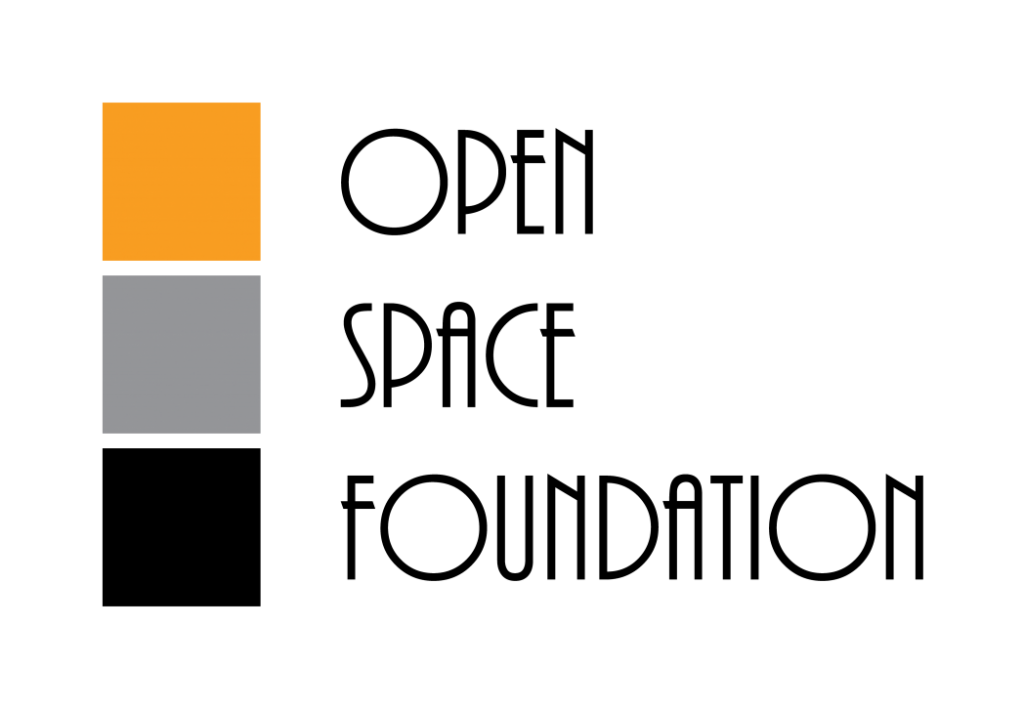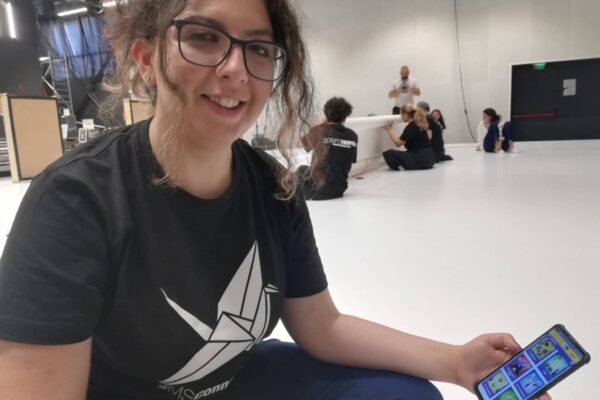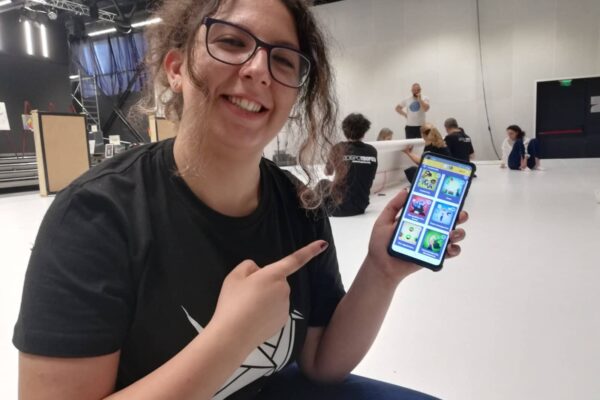
Aylin is in 11 grade at SU “Brothers Miladinovi”, Sofia. She is one of the young people who actively participate in different community campaigns and events.
She is taking part in the adapting of educational materials in a variant that is suitable for self-education, which our team does. She actively works with our interpreters so that we adapt texts in other languages, which will soon be available on the platform F.I.R.E.
Today, we are discussing with her the topic of civic education in Bulgaria. Here is what she shared with us:
Interviewer: Aylin, what is civic education according to you?
Aylin: This is the first year for me when I am studying this subject at school. To be honest, I was looking forward to this moment to come. Those classes increase my motivation to be interested in the world around me and everything that is happening. I am aware that I not only live in Bulgaria, but I have an obligation toward the others in my surrounding. We live in society and should remind ourselves every day. This can be shown by many small actions, for instance, not throwing our rubbish wherever we see, but rather where it should be thrown; to dedicate some time to an adult regardless of how much we are in a hurry. Those small acts of goodness wake us up from the balloon in which we are closed.
If we graduate from school without knowledge on this subject, we will be like lost in a desert. We will not know which authorities serve for what; we will not know what kind of rights we have and who to search for if they are broken. We are constantly wandering in the space, but will never find what we are searching for.
The most valuable skill, which we develop, in my opinion, is critical thinking. Seeing different situations, to be able to define which is right and which is not in a given situation. Critical thinking is strongly needed in the 21st century, and I think that we easily develop it during those classes. Another thing is voting. Those classes showed me that voting is important and if a person does not realize it earlier, later it can be too late. Voting is not to go and tick a number; it is a responsibility towards our fellow citizens.
Interviewer: What should be done so that this subject becomes more useful for the students who will be in your place in the next couple of years?
Aylin: The biggest important step to the Civic Education of the students is that the teachers are educated. This is not precise science, in which we reach the solution to the problem when we use one or two formulas. This is a subject that builds us as personalities. In those classes, we think deeply, look at causes, search for solutions, and analyze. The teachers should be ready for any type of question because we, by nature, are curious but also critical of the world and what adults tell us. They themselves should be very well-informed so that they can lead discussions or debates with the students on different topics. The good Civic Education teacher should not impose their opinion but rather guide the students to think.
Furthermore, to have sense in this subject, I think that the number of classes should be increased because a class per week is not enough. The activities that are part of the subject require time for work, and 40 minutes are definitely not enough for that. The topic becomes super interesting, you have the energy to speak, think, and start a very deep topic and the class is over. There remains food for thought but… after the class, you are left alone. Alone with your thoughts and doubts, with your insecurity. And sometimes, with a bit of deception in your mind.
My opinion is that Civic Education should be taught at least two or three times a week. The students should have more freedom to work on tasks and have resources. Many additional resources and discussions.
You can find more about the project ACTIon– Promoting active citizenship through civic education and active online participation of youth role models on the website: https://www.erasmus-action.eu/
The project is financed by the European program: “Erasmus+”, Support for Policy Reform, KA3 Social Inclusion through Education, training and youth
Partners in the project:
- Nexus Institute for Cooperation Management and Interdisciplinary Research, Germany (coordinator)
- Foundation Healthcare and social development, Bulgaria
- Open Space Foundation, Bulgaria
- ALL DIGITAL, Belgium
- Action Synergy S.A., Greece
- Coalition of youth organizations, North Macedonia



